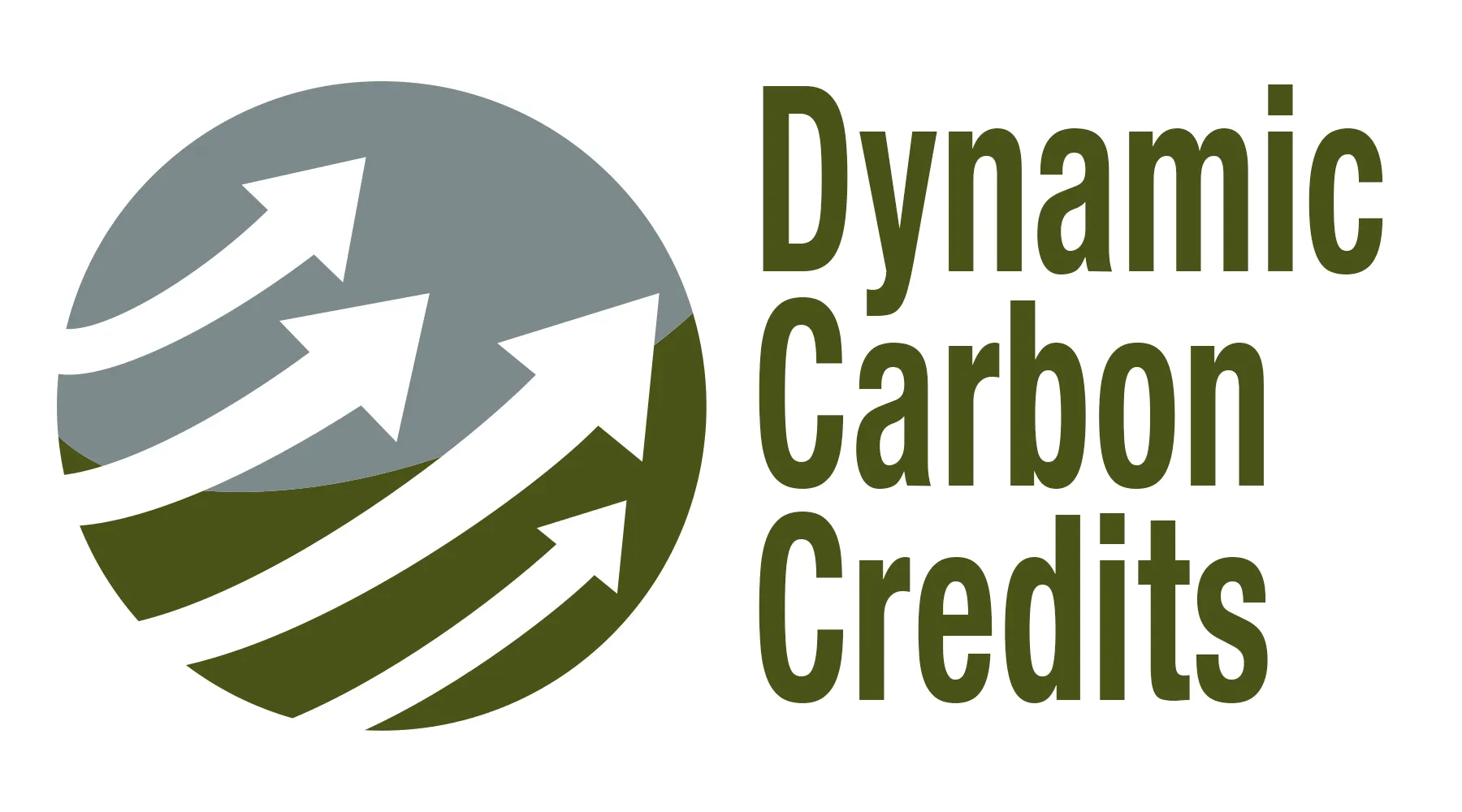Ensuring Integrity and Transparency in Climate Action
In the fight against climate change, carbon offsetting has emerged as a crucial strategy for reducing net greenhouse gas emissions. However, the efficacy and credibility of carbon offsets hinge on robust certification programs. These programs ensure that the offsets represent genuine, measurable, and verifiable reductions or removals of greenhouse gases from the atmosphere. Let’s explore the intricacies of carbon offset certification, with a focus on two leading verification services: Verified Carbon Standard (VCS) and Climate Action Reserve (CAR).

What is Carbon Offset Certification?
Carbon offset certification is a rigorous process designed to validate and verify the environmental benefits of carbon offset projects. This process involves several key steps:
- Standard Setting: Establishing the methodologies and criteria for calculating, monitoring, and verifying carbon reductions or removals.
- Project Registration: Submitting detailed documentation for approval, including project design, expected outcomes, and adherence to standards.
- Validation: Independent third-party assessment of the project design to ensure it meets the required standards.
- Monitoring: Ongoing tracking of the project’s performance to measure actual carbon reductions or removals.
- Verification: Periodic third-party audits to confirm the accuracy and legitimacy of the reported carbon reductions.
- Issuance of Credits: Distribution of carbon credits based on verified reductions or removals, which can be sold or traded.
- Transparency and Reporting: Publicly listing certified projects to ensure transparency and traceability.
Importance of Carbon Offset Certification
Carbon offset certification programs are essential for several reasons:
- Credibility: Certification ensures that carbon offsets are real, additional (i.e., beyond what would have happened without the project), and permanent.
- Market Confidence: Buyers can trust that their investment contributes to genuine environmental benefits.
- Standardization: Promotes consistency and comparability across different offset projects.
- Environmental Integrity: Prevents double counting and overstatement of emissions reductions.
Verified Carbon Standard (VCS)
The Verified Carbon Standard (VCS) is one of the most widely used and respected carbon offset certification programs globally. Managed by Verra, VCS sets stringent requirements for project validation, monitoring, and verification, ensuring the highest levels of integrity and transparency.
Key Features of VCS
- Robust Methodologies: VCS provides a comprehensive set of methodologies for various project types, including renewable energy, biochar production, and methane capture. These methodologies are developed through a rigorous process involving public consultation and expert review.
- Independent Validation and Verification: All projects must undergo third-party validation and verification by accredited bodies. This ensures unbiased assessment of the project’s adherence to VCS standards.
- Transparency and Accountability: VCS projects are listed in a public registry, providing full transparency and traceability. Buyers can verify the authenticity of the credits they purchase.
- Broad Acceptance: VCS credits are widely recognized and accepted in both voluntary and compliance markets, enhancing their marketability and value.
Example Projects
- Renewable Energy: Wind farms in India and solar power installations in Chile displace fossil fuel-based electricity, generating VCS-certified carbon credits.
- Biochar Production: Projects converting agricultural waste into biochar in the United States and Brazil sequester carbon effectively, producing valuable carbon credits while enhancing soil health.
Climate Action Reserve (CAR)
The Climate Action Reserve (CAR) is another leading certification program, primarily focused on the North American market. CAR sets high standards for the development, monitoring, and verification of carbon offset projects, ensuring environmental integrity and market confidence.
Key Features of CAR
- High-Quality Protocols: CAR develops rigorous protocols for various project types, including methane capture, energy efficiency, and biochar production. These protocols are designed to ensure real, additional, and permanent emissions reductions.
- Independent Review: CAR requires independent third-party verification to confirm that projects meet its high standards. This process includes thorough documentation review and site visits.
- Public Registry: CAR maintains a transparent public registry of all registered projects and issued credits. This ensures accountability and allows stakeholders to verify project details.
- Focus on North America: While CAR primarily serves the North American market, its protocols and credits are recognized internationally, enhancing their relevance and credibility.
Example Projects
- Methane Capture: Landfill gas-to-energy projects in the United States capture methane emissions, converting them into renewable energy and generating CAR-certified carbon credits.
- Biochar Production: Projects in Canada convert biomass waste into biochar, sequestering carbon and improving soil fertility, certified under CAR protocols.
The Role of Certification in Enhancing Climate Action
Certification programs like VCS and CAR play a crucial role in enhancing the effectiveness and credibility of carbon offsetting as a climate action strategy. By ensuring rigorous validation, monitoring, and verification, these programs provide confidence to buyers and stakeholders that their investments are making a real difference.
Promoting Sustainable Practices
Certified carbon offsets promote sustainable practices by providing financial incentives for projects that reduce or remove greenhouse gas emissions. For example, renewable energy projects reduce reliance on fossil fuels, while biochar production projects sequester carbon and improve soil health.
Supporting Market Mechanisms
Certification programs support the development of robust carbon markets by providing standardized, credible carbon credits. This facilitates market transactions, enhances liquidity, and helps drive investments in low-carbon technologies and practices.
Ensuring Environmental and Social Benefits
Beyond carbon reductions, certified offset projects often deliver additional environmental and social benefits. For example, biochar production projects enhance soil health and agricultural productivity, while energy efficiency projects reduce air pollution and lower energy costs for communities.
Conclusion
Carbon offset certification is a critical component of effective climate action, ensuring that carbon offsets represent genuine and verifiable emissions reductions or removals. Programs like the Verified Carbon Standard (VCS) and the Climate Action Reserve (CAR) set high standards for project development, monitoring, and verification, providing confidence and transparency to the market.
By supporting certified carbon offset projects, individuals, companies, and governments can contribute to the fight against climate change while achieving their sustainability goals. As the demand for credible carbon offsets continues to grow, robust certification programs will remain essential for ensuring the integrity and effectiveness of carbon offsetting as a tool for mitigating climate change.

